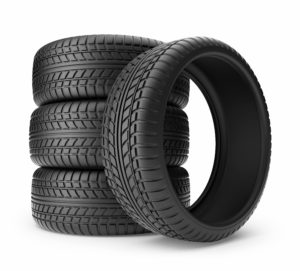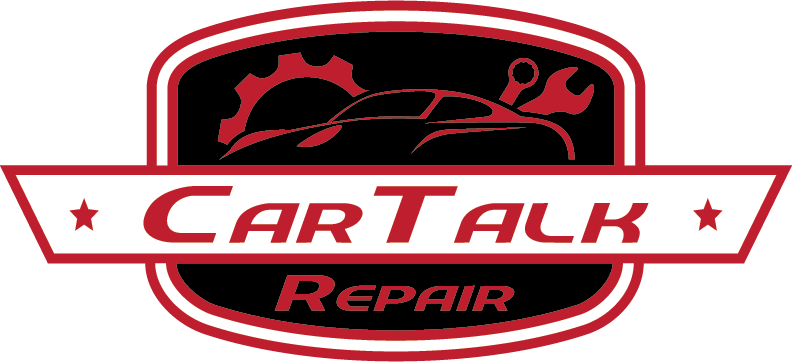Tires

While it's easy to overlook those four patches of rubber called your tires, performing a few simple checks can yield better fuel economy and improved vehicle handling. Since most tire damage and wear is a result of driving on tires that are improperly inflated, tire experts suggest checking your air pressure once a month. Maintaining proper tire pressure is important for many reasons other than reducing the potential of a flat tire or a blowout. In order to achieve optimum handling from your vehicle, from everyday driving to making emergency maneuvers, tire pressure needs to be at the proper inflation level. Even a tire that doesn't appear to be low on air can result in reduced vehicle handling and excessive tread wear.
Tires that are not at the correct air pressure will also increase the rolling resistance (the friction that occurs when an object rolls) of the vehicle. Under-inflated tires, for example, result in increased rolling resistance and therefore require more energy (or fuel) to move the vehicle, which negatively impacts fuel economy. According to the Department of Energy, keeping tires inflated properly improves fuel economy by approximately 3.3 percent. Tires that are over-inflated result in reduced levels of handling performance because less rubber is in contact with the road.
Improper inflation puts unnecessary stress on your tires and can result in excessive or uneven wear. When this happens, it compromises the ability of the tires to perform, and often results in premature tire wear-and the necessity to replace them sooner than expected. Tires with excessive or uneven tread wear can also lead to an accident.

